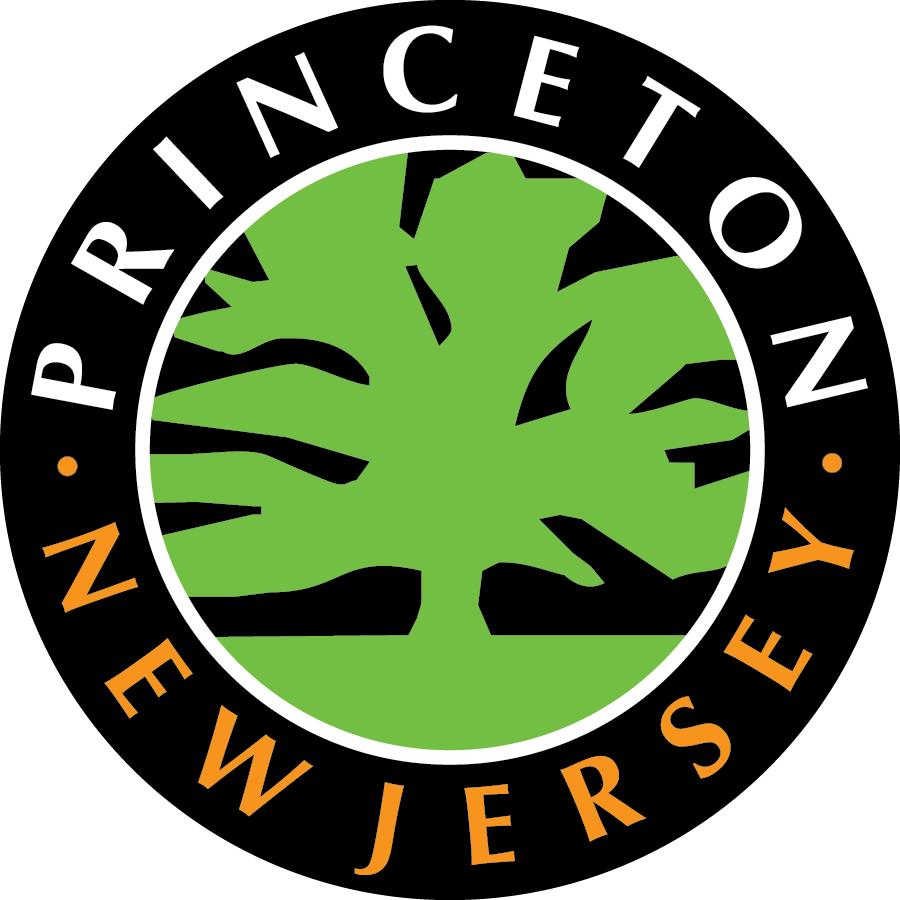The trio of candidates for two open Princeton Council seats laid out their positions on a raft of issues when they sought to receive the Princeton Community Democratic Organization’s endorsement March 15.
Given the concern about the spread of COVID-19, the candidates forum and endorsement meeting was a “virtual” forum. None of the candidates, including the lone Democratic candidate for mayor, were present in the same room.
Princeton Council members David Cohen and Leticia Fraga, who are seeking re-election, and challenger Dina Shaw, along with Mark Freda, the sole candidate for mayor, spoke from remote locations.
Cohen and Fraga are seeking re-election to three-year terms on the Princeton Council. Mayor Liz Lempert, whose four-year term is expiring, is not seeking re-election.
Freda, who is the only announced candidate for Princeton mayor, spoke briefly.
The lifelong Princeton resident, who is the president of the Princeton First Aid and Rescue Squad, used some of his time to dispel rumors that his work with PFARS would present a conflict of interest.
PFARS is not associated with the Municipality of Princeton, Freda said. It is independent of the town and does not receive funding from the town. PFARS is non-political, he said.
“I just happen to work there,” Freda said. But if an actual or perceived conflict of interest occurred while he was serving as mayor, he said he would seek legal advice.
Freda, who served on the former Princeton Borough Council, said his background in corporate facilities management, government and volunteer service (as a volunteer firefighter and volunteer emergency medical technician) would allow him to “hit the ground running.”
“I believe serving as mayor will require hard work and a commitment to openness, honesty and transparency. I have the desire and the energy to serve. Let me work for you,” Freda said.
The three candidates for Princeton Council who sought the club’s endorsement – Cohen, Fraga and Shaw – fielded a raft of questions posed to them by Assemblyman Andrew Zwicker (D-Mercer, Middlesex), who moderated the event.
Asked about their position on development in Princeton – should it be slowed, and how does one balance it against the quality of life – Fraga, Shaw and Cohen acknowledged that development is inevitable.
Fraga and Cohen said development can be guided by “smart growth” principles, which is building in areas that have infrastructure in place.
Fraga said town officials need to look at how development would impact a neighborhood and “at every opportunity, we have input from the residents in the neighborhood, the business community – everyone who is going to be impacted” by development.
Cohen said new development, which should be directed toward areas that have infrastructure in place, could lead to economic stimulus through the construction process and by bringing in new consumers for the businesses. It would offer a wide range of housing, including housing for people who work in town.
Shaw said she would “welcome” growth because it would provide homes for people, but there should be provisions for the “missing middle.” They are the middle-income households who earn too much to qualify for affordable housing, but not enough to buy the upscale homes that are being built.
The candidates were also asked how they would improve public transportation.
Shaw suggested working with Princeton University. The university, through its Tiger Transit, has a bus that takes riders to Trader Joe’s and Target in West Windsor Township. Officials need to make sure that residents can get around, she said, pointing out that “it is not realistic” to bring 500 new cars (from development) into town.
Cohen said he agreed “a lot” with Shaw, but the university is moving in the opposite direction and constricting its routes, not expanding them. He said the focus should be on the Free-B bus that the town offers, specifically to have the bus run every 15 minutes.
Fraga said she was in favor of a public/private partnership, which might involve Princeton University. There is precedent for such a move, she said, pointing to the university’s addition of a “Tiger Transit” bus route to the Princeton Medical Center when it moved from Witherspoon Street to Plainsboro Township.
Finally, the candidates were asked how they would address the issue of housing affordability.
Cohen said creating a diversity of housing options would help. The town is heavily weighted toward single-family houses, and there are few condominiums or rentals that wold be more affordable to the “missing middle,” he said.
Cohen and Fraga both said that encouraging an accessory dwelling unit in a single-family house could make housing more affordable. The owner could use the rental income to offset expenses.
Fraga also suggested looking at the return that Princeton receives from Mercer County, based on the amount of property taxes that the county collects. “It seems in my opinion that we contribute more than we get in return,” she said.
Shaw said there is a need to figure out how to slow down or change the property tax formula. She said she would work with state lawmakers and Mercer County. She would look at the town’s budget to ensure there is no excessive spending.
After the candidates spoke, PCDO members who had paid their dues cast their endorsement ballots. Freda, who was running unopposed, received 174 votes, or 82 percent of the ballots cast.
Cohen received 174 votes, or 82 percent of the votes cast, and Fraga received 169 votes, or 80 percent of the ballots cast. Shaw received 63 votes, or 30 percent of the vote.
Candidates who receive at least 40 percent of the ballots cast by dues-paying members are given the PCDO endorsement. Freda, Cohen and Fraga received the club’s endorsement.
Regardless of the endorsement vote, the names of the three candidates – Cohen, Fraga and Shaw – will appear on the June 2 Democratic Party primary ballot. Freda’s name also will appear on the ballot.

